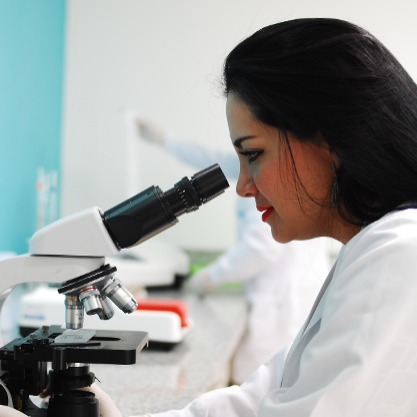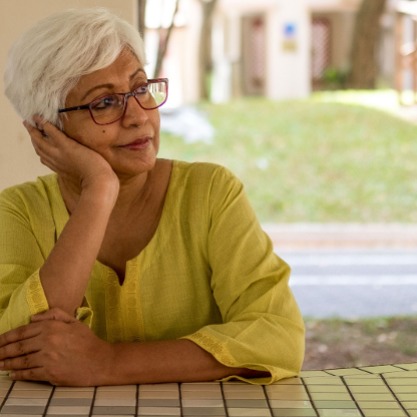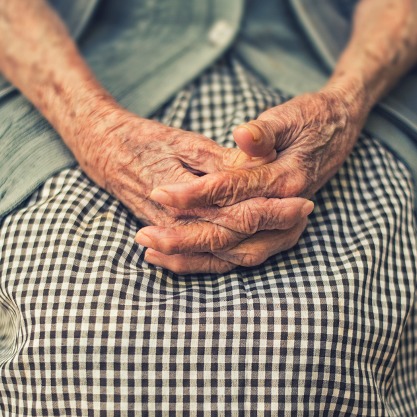By continuing to use our site, you consent to the processing of cookies, user data (location information, type and version of the OS, the type and version of the browser, the type of device and the resolution of its screen, the source of where the user came from, from which site or for what advertisement, language OS and Browser, which pages are opened and to which buttons the user presses, ip-address) for the purpose of site functioning, retargeting and statistical surveys and reviews. If you do not want your data to be processed, please leave the site.
The Voice of People With Breast Cancer
Education
Our Voices Blog
Here’s what you need to know about the federal government’s Implementation of National Pharmacare report
On June 12th, the Advisory Council on the Implementation of National Pharmacare released their final report looking at the implementation of a national program to address the inequities that Canadians currently face when it comes to drug access. It outlines 60 recommendations, steps to implementation and key details on things like co-pay, budget costs, strategy for rare diseases, and impacts on patients and providers. Below, we’ve summarized these key details for you to better understand how this new plan for pharmacare would impact you and your family.
Guided meditation at home
A few weeks ago, we discussed mind-body therapies to help relieve some of the emotional and physical side effects of cancer and treatment. This week we are sharing some guided meditations you can do in the comfort of your home.
Research Updates from ASCO 2019
There’s always interesting research updates released at the American Society of Clinical Oncology Conference – here’s what you need to know.
Post-surgery tips from women who’ve been there
Simply put, surgery is awful. Your body is recovering from some major trauma. And if you were feeling rather healthy before surgery, afterwards can feel a bit like a train wreck. We asked women for their tips on making recovery a little more bearable.
Relieving the emotional and physical toll of breast cancer through mind-body practices
Breast cancer treatment affects more than just your body. It can take an incredible toll on your emotional well-being as well. You likely have a ton of anxiety about your treatments, and how it will affect your life moving forward. If you’re a mom, you’ve got to worry about how this will affect your kids and your family. A demanding job or the needed income is another added level of stress that can make a huge impact. Add all of this to the physical symptoms of treatment, like joint pain, it’s an understatement to say that it’s hard.
5 interesting breast cancer research highlights
We’re sharing some interesting research results that we seen in the news recently.
What to do if you have textured implants and are worried about their links to lymphoma
We’ve been hearing a lot of discussion in the news lately about textured implants and their link to a rare form of lymphoma; a cancer now known as breast implant-associated anaplastic large cell lymphoma (BIA-ALCL). Recently, Health Canada moved to suspend these implants from being used in Canada.
New clinical trials finder helps you find a trial
Are you looking for a clinical trial but not sure how to start or where to go? A new Clinical Trials Finder has been developed by Clinical Trials Ontario (CTO) to help you. You can search for a clinical trial in any province or territory in Canada, using only a few simple search terms.
The Importance of Vitamins in Our Daily Diets
Vitamins are tiny organic compounds with a massive impact on your general health and well-being. Vitamins can be obtained from your daily diet, or they can be sourced from the sun (only vitamin D). More so, they have a say in almost each and every aspect of the digestive system. The best part is that as essential as they are, your body only requires them in small amounts.
Caregiving while you’re a patient
Women living with breast cancer are not just cancer patients; they’re moms, spouses, sisters, friends, and daughters. The many roles and responsibilities a woman assumes to support those around her don’t disappear when she is diagnosed with cancer. One of these responsibilities may be caring for aging parents or family members. This burden may seem heavy at times but there are places you can turn to for support. Check out the following resources.













